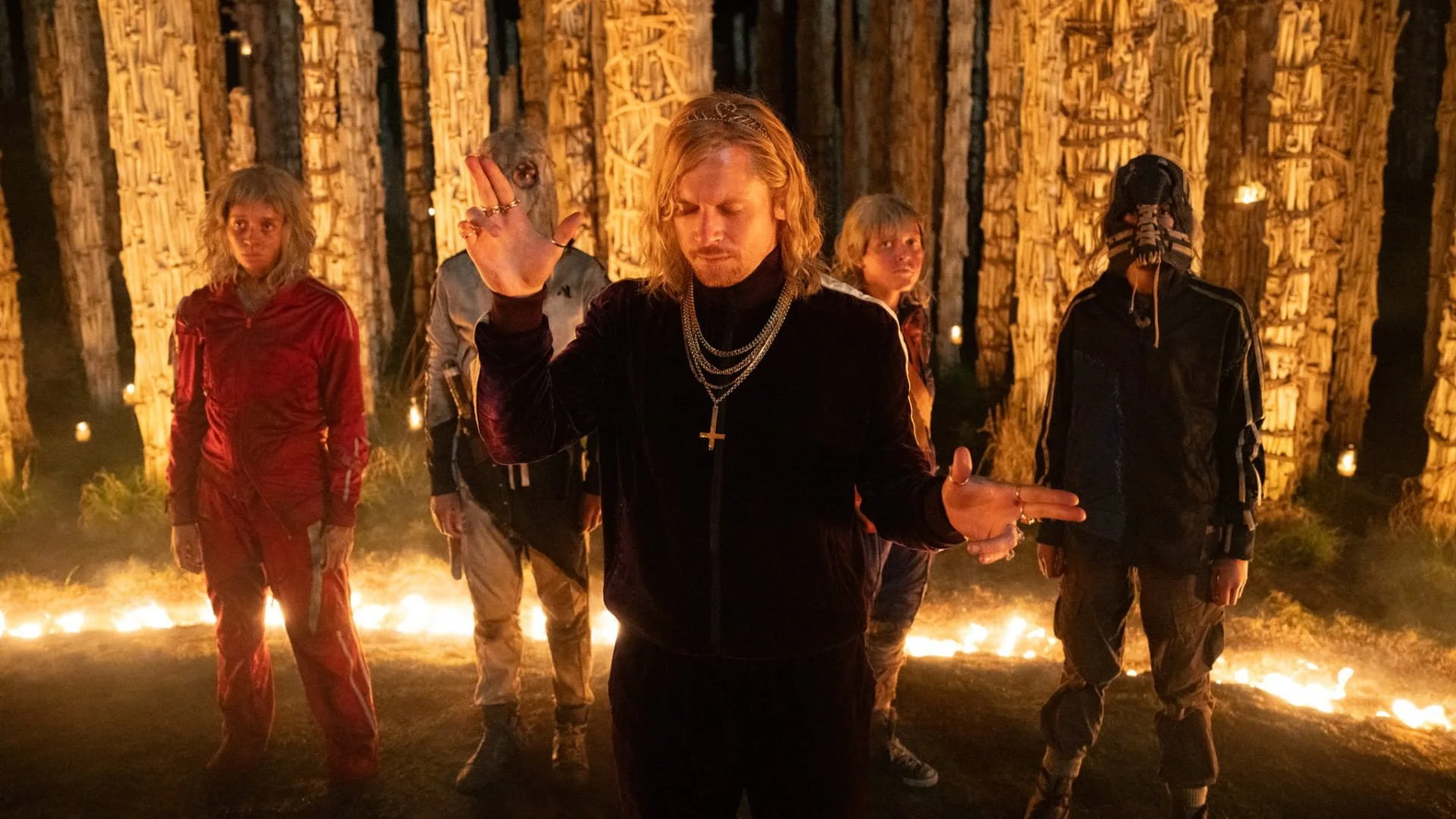Review: The Way Back (2020)
You’d be forgiven for thinking Gavin O’Connor’s The Way Back is the same as every other inspirational sports movie that uses success in sports as a metaphor for personal redemption. Much of the film does fit this inspirational model. It follows Ben Affleck’s alcoholic, former basketball star, Jack Cunningham, who’s offered a shot at redemption when he takes over as the coach of his former high school’s struggling basketball team. Jack puts to use his innate basketball knowledge and tough work ethic and the team starts to succeed. As it does so, Jack starts to pull out of his alcoholic spiral; the striving for greatness in sport reignites the passion within him to be more than a man drinking away his life. But that’s only half the story here.
It’s true that Jack finds success as a coach and the team thrives under his leadership. There are conventional scenes showing the rising fortunes of the team. During their first game, they get creamed by the best team in the division, which comes from the richest school in the region. But as Jack gets them to play to their defensive strengths and coalesce around their talented point guard (Brandon Wilson), they start winning games. Eventually, they’re winning more often than not, and the boys have found a pride in their team they’ve never had before. There’s even a climactic rematch against the rich team that goes down to the wire, with the playoffs at stake. Jack calls for a set play to get the point guard the ball and we watch him drive to the basket in slow motion, Jack proudly watching from the sideline, everyone tense, breathless, even if we know how scenes like this turn out in films like this.
But then the movie doesn’t end. It turns out that sports cannot cure all that ails a person, as Jack relapses and has to confront his alcoholic demons head on. This approach makes The Way Back more interesting than it could’ve been. The film leans hard into the real-life parallels between Ben Affleck and Jack Cunningham. Affleck was in rehab while filming and even relapsed midway through production, having to be escorted onto set with a sobriety coach to ensure that he stayed on the wagon. Thus, he understands a man like Jack intimately.
As we watch Jack drink an entire fridge’s worth of beer over the course of one evening while he frets about the prospect of the job, Affleck doesn’t have to fake the ritualistic way that he replaces a beer into the freezer each time he grabs a new one. The visual captures the dysfunction of alcoholism: that there’s always another drink after the next one. It also shows Affleck’s habituated performance, where we never see him agonize over the action. It’s smooth and natural. Every drink is just a habit that gets him through the day, like brushing his teeth or showering.
Affleck’s great performance is what makes The Way Back compelling. O’Connor does a nice job with the camera, but it’s nothing flashy. He focuses mostly on Affleck’s face, even during the basketball scenes. The editing abbreviates many of the games. You never see the game front to back, instead freezing on a frame of Affleck with the final score superimposed over the image. He keeps the film focused, literally and thematically, on Jack and it pays off as it shows the messy, complicated route towards sobriety.
The Way Back still provides many of the inspirational pleasures of a sports drama. But it’s an addiction film at its centre and a showcase for Ben Affleck’s considerable talents as an actor.
7 out of 10
The Way Back (2020, USA)
Directed by Gavin O’Connor; written by Brad Ingelsby; starring Ben Affleck, Al Madrigal, Michaela Watkins, Janina Gavankar, Brandon Wilson.



This mockumentary starring Matt Johnson and Jay McCarrol is a complex metafiction farce and a loving portrait of friendship and Toronto.